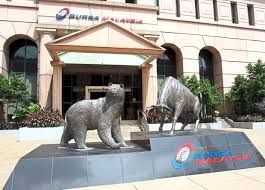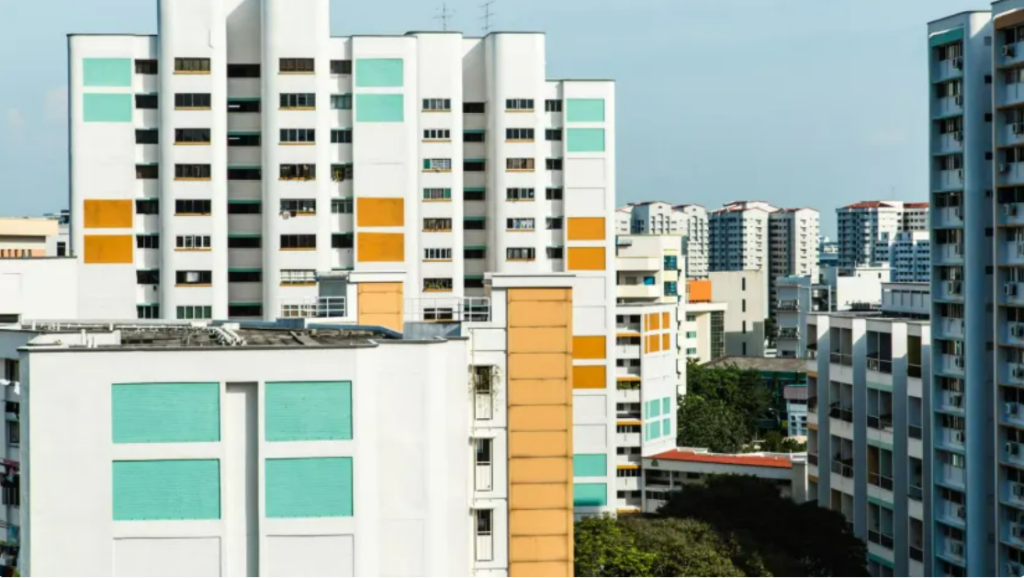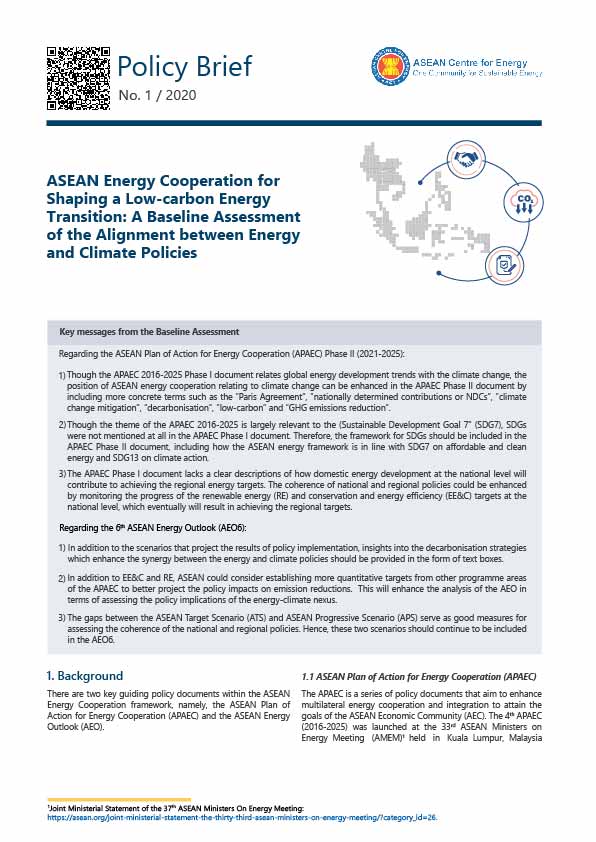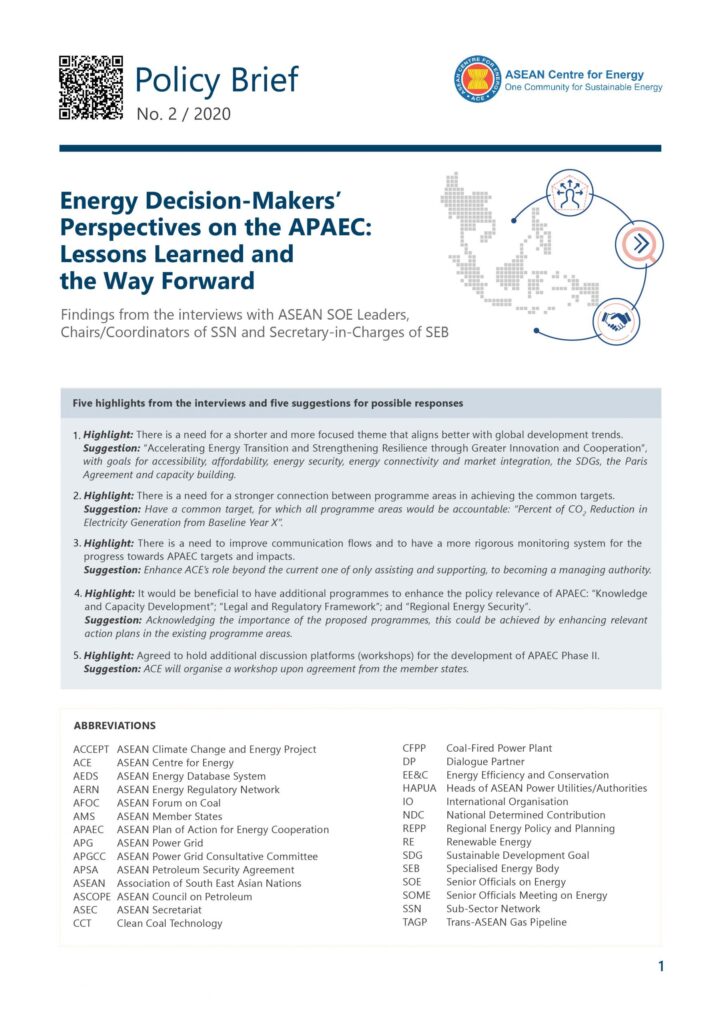COP26: ASEAN’s Commitment in The Energy Sector Economy

After a one-year delay due to the COVID-19 pandemic, the 26th United Nations Climate Change Conference of the Parties (COP26) commenced on 31 October to 12 November 2021 with the hope to secure global commitments in mitigation, adaptation, and finance.
Modelling the Future Paths of the ASEAN Energy Landscapes

ASEAN Centre for Energy (ACE) is currently developing the 7th ASEAN Energy Outlook (AEO7), a biennially flagship energy outlook of the ASEAN Member States (AMS). The recent Ministerial Meeting, the 39th ASEAN Ministers on Energy Meeting (AMEM) held on 15 September 2021, noted that the work on AEO7 is commenced.
The Importance of Triple Helix Energy & Climate Change Forum through AICEE
Prior the 1st ASEAN International Conference on Energy and Environment (1st AICEE) on 15 September 2021, we interviewed Dr. Andy Tirta, Manager of Energy Modelling and Policy Planning Department in ACE as well as the Conference Chair of AICEE to further understand the conference and its role as the platform for Academics, Government, and Industry on energy sector.
Understanding and Appreciating the Resilience of Energy Storage

The concept of utility-scale energy storage remains fairly uncharted grounds for power utilities, government authorities, and even renewable energy players, and there is a significant lack of knowledge and understanding to combat rising demand challenges. Equip Global recently had the privilege to interview Beni Suryadi, Manager of Power, Fossil Fuel, Alternative Energy and Storage in ASEAN Centre for Energy about his views on common challenges and top innovations in developing a flexible and resilient energy supply and its critical role in global reconstruction.
Indonesia as a Greener Battery Producer for Electric Vehicles

The transportation sector is one of the most significant contributors to global greenhouse gas (GHG) emissions. This sector remains the biggest emitter and air polluter in Southeast Asia, contributing to 25 percent of total GHG emissions. Meanwhile, following the Paris Agreement in 2015, ASEAN member states have committed to reducing global GHG emissions as soon as possible and reaching climate neutrality by mid-century. To do so, the International Energy Agency (IEA) recommends that at least 60 percent of the global road fleet run on electric vehicles (EV) by 2030. As of 2019, one-fifth of the world’s road vehicles are in ASEAN, according to our estimate.
Vietnam Could, and Should, Replicate its Solar Success in Electric Mobility
Vietnam has shown the world its capability to accelerate clean energy solutions.
Indonesia’s Needs Holistic Approach to Sustainable Bioenergy
Following the Paris Agreement in 2015, Indonesia has committed to reducing greenhouse gas (GHG) emissions by 29 percent under a business-as-usual scenario by 2030 in its Nationally Determined Contribution (NDC). It has also committed to achieving 23 percent of renewable energy (RE) in its primary energy supply by 2025.
Why Citizens Play a Key Role in Southeast Asia’s Energy Transition
In recent months, a rising number of countries has pledged to reduce greenhouse gas emissions to net zero. Globally, 124 nations have made net-zero pledges leading up to this year’s world climate summit in Glasgow (COP26). Despite varying deadlines, the recent net-zero movement has provided an “opening” to spur the decarbonisation of the global economy.











